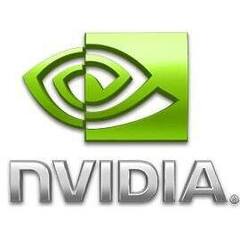Plex buffering issues
-
Topics
-
0
-
2
-
1
-
9
-
lexiq ·
Posted in CPUs, Motherboards, and Memory2 -
Onions ·
Posted in Linux, macOS and Everything Not-Windows2 -
1
-
SyndiShanX ·
Posted in Audio12 -
Nexxus ·
Posted in Programs, Apps and Websites3 -
ds5018 ·
Posted in Troubleshooting5
-
-
play_circle_filled

Latest From Linus Tech Tips:
The BRIGHTEST Monitor We've EVER Seen - Sun Vision rE rLCD Display
-
play_circle_filled

Latest From ShortCircuit:
The World's Fastest CPU (Technically...) - Intel i9-14900KS
















Create an account or sign in to comment
You need to be a member in order to leave a comment
Create an account
Sign up for a new account in our community. It's easy!
Register a new accountSign in
Already have an account? Sign in here.
Sign In Now